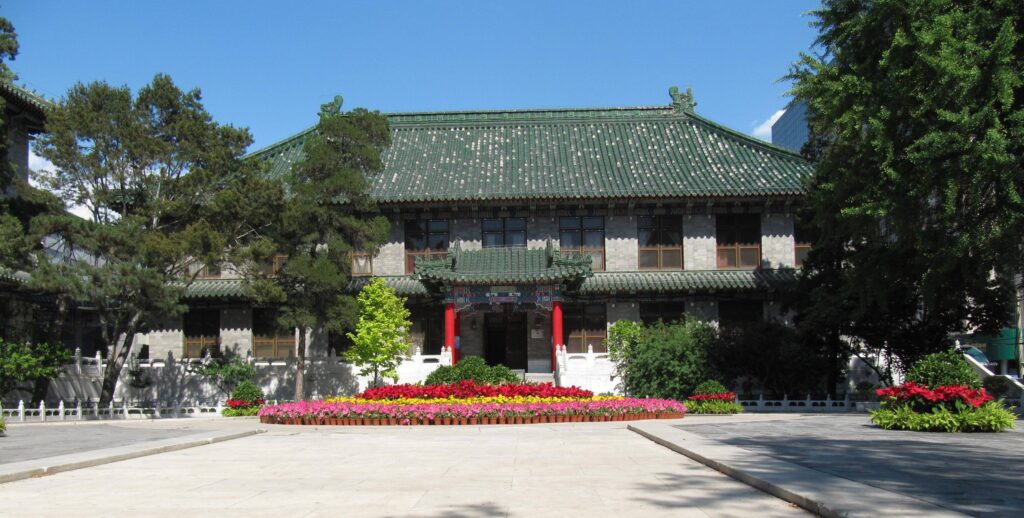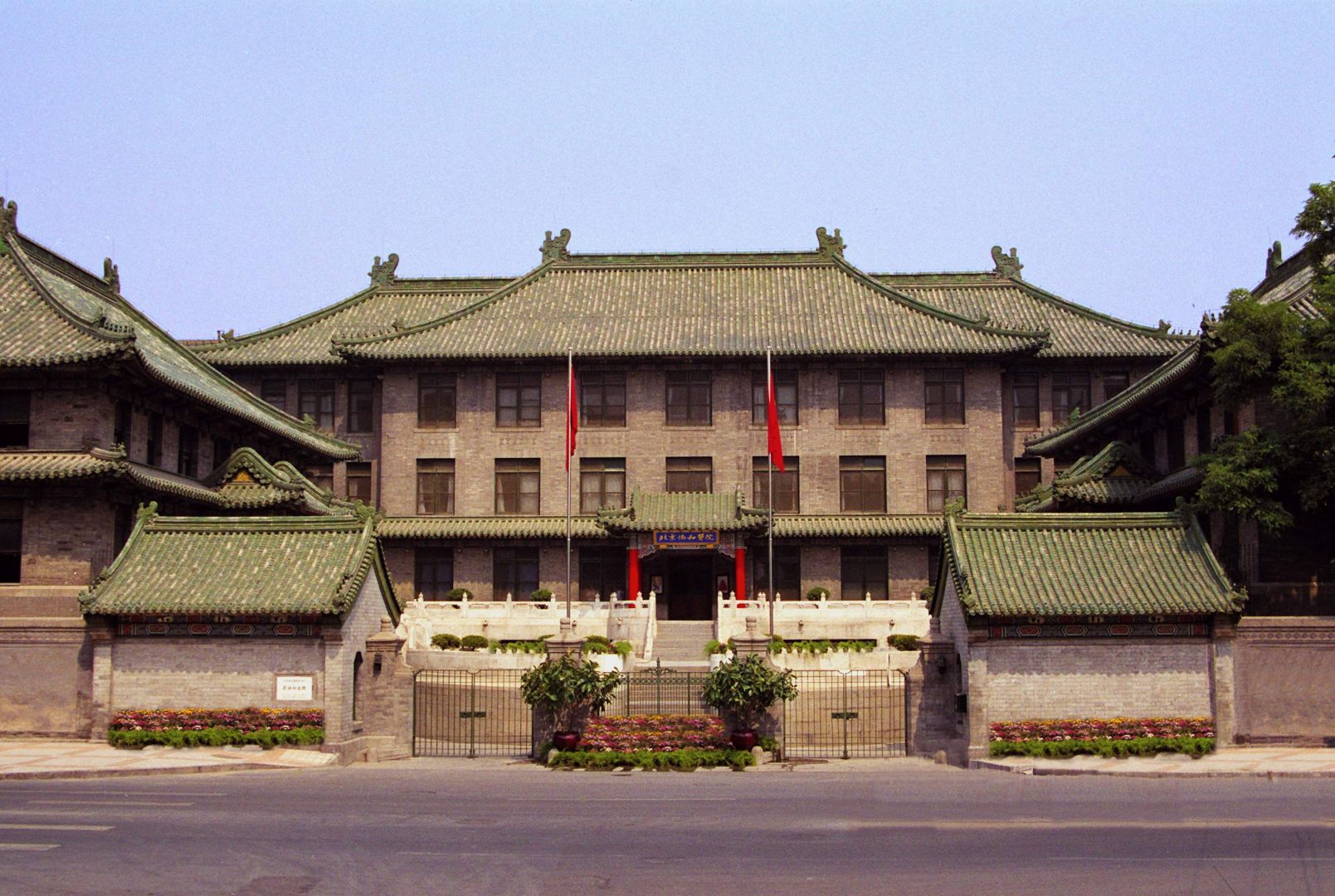Introduction
Studying MBBS in China has become a popular choice for international students because of its affordable tuition fees, high-quality medical education, and international recognition. This article provides a comprehensive overview of the benefits, admission process, top universities, and student life for individuals considering pursuing an MBBS degree in China.
Why Study MBBS in China?
Affordable Tuition Fees and Living Costs
An appealing aspect of studying in China is the affordability. The tuition fees are notably lower when compared to those in Western countries, and the cost of living is quite manageable as well. Many Chinese universities provide scholarships and financial assistance to international students, which further eases the financial burden.
High-Quality Medical Education and Infrastructure
China is home to state-of-the-art medical facilities and teaching hospitals, offering students an exceptional learning environment. The country’s investment in medical education has resulted in modern campuses equipped with advanced technology and abundant resources. Students have access to cutting-edge laboratories, research centers, and extensive libraries, providing them with comprehensive support for their studies.
International Recognition
Degrees from Chinese medical universities are acknowledged by the World Health Organization (WHO), Medical Council of India (MCI), and other international organizations, guaranteeing worldwide employability. This acknowledgment ensures that graduates can pursue medical careers globally, provided they pass the required licensing exams.
English Medium Courses
Numerous universities provide MBBS programs in English, facilitating smoother adaptation and achievement for international students. This instructional medium eliminates language obstacles, enabling students to concentrate on their studies without the extra challenge of mastering a new language.
Diverse and Multicultural Environment
Students from around the world bring cultural diversity to China’s universities, creating a global outlook and enriching the educational environment. This multicultural setting allows students to gain insights into various cultures and establish international connections.
Modern Teaching Methods and Practical Training
Chinese medical universities place a strong emphasis on practical training and internships to ensure that students gain hands-on experience. The curriculum combines traditional classroom learning with extensive clinical rotations, providing students with the opportunity to apply their knowledge in real-world settings.
Top Medical Universities in China
Here are some of the top medical universities in China:

| University | Description |
| Peking Union Medical College | Renowned for its research and advanced medical education. |
| Fudan University | Offers a comprehensive MBBS program with modern facilities. |
| Shanghai Jiao Tong University School of Medicine | Known for its clinical training and research opportunities. |
| Zhejiang University School of Medicine | Provides a balanced curriculum with strong clinical training. |
| Sun Yat-sen University | Recognized for its high academic standards and diverse programs. |
| China Medical University | Offers extensive practical training and research opportunities. |
| Jilin University | Known for its focus on innovative teaching methods and student support services. |
| Sichuan University | Provides a well-rounded medical education with a strong emphasis on clinical practice. |
GET IN TOUCH
Book A Call Now
MBBS Curriculum and Duration
The MBBS program in China typically lasts for 5-6 years, comprising both pre-clinical and clinical years. Here is a breakdown:
| Year | Focus |
| Years 1-2 | Pre-clinical studies (basic medical sciences) |
| Years 3-4 | Clinical studies (clinical sciences and rotations) |
| Year 5-6 | Internships and practical training |
In the first few years of medical school, students concentrate on fundamental medical sciences including Anatomy, Physiology, Biochemistry, Pharmacology, and Pathology. These subjects establish a strong understanding of human biology and disease mechanisms.
During the latter years, students engage in hands-on learning by participating in rotations across various medical departments such as Internal Medicine, Surgery, Pediatrics, Obstetrics and Gynecology, and Psychiatry. These rotations take place in affiliated hospitals, providing students with opportunities to interact with patients and healthcare professionals.
The final year typically involves internships, during which students work under supervision in clinical settings. This practical training is essential for the development of clinical skills and building confidence in patient care.
Eligibility Criteria
To apply for an MBBS program in China, students must meet the following criteria:
- Academic Requirements: Completion of 12th grade with Physics, Chemistry, and Biology. A minimum aggregate score of 50% in these subjects is usually required.
- NEET Qualification: Passing the National Eligibility cum Entrance Test (NEET). This is mandatory for Indian students to ensure their eligibility for practicing medicine in India after graduation.
- Age Requirement: Minimum age of 17 years.
- English Proficiency: Proficiency in English (IELTS or TOEFL scores may be required). Some universities may conduct their own English proficiency tests.
Admission Process
The admission process for MBBS in China involves several steps:
- Application Form Submission: Fill and submit the application form of the chosen university. Most universities have an online application system, making it convenient for international applicants.
- Document Submission: Submit academic transcripts, NEET score, passport copy, and other required documents. Some universities may also require a statement of purpose and letters of recommendation.
- Admission Letter Issuance: Receive the admission letter from the university. This confirms the student’s acceptance into the program.
- Visa Application Process: Apply for a student visa (X1 or X2 visa). The admission letter and other relevant documents are needed for the visa application.
Cost of Studying MBBS in China
Here’s a detailed breakdown of the costs involved:
| Expense | Cost (Approximate) |
| Tuition Fees | $3,000 – $10,000 per year |
| Living Expenses | $300 – $500 per month (including accommodation, food, and transportation) |
| Additional Costs | $200 – $500 per year (books, insurance, etc.) |
When compared to other popular MBBS destinations, China offers a more affordable option without compromising on quality. The lower cost of education and living, combined with the availability of scholarships, makes China an attractive destination for medical studies.
Student Life in China
Campus Facilities and Student Services
Chinese universities offer modern amenities such as libraries, labs, and sports facilities to support both academic and extracurricular activities, ensuring a well-rounded student experience. Additionally, many universities have dedicated international student offices that provide support with housing, visa arrangements, and cultural adaptation.
Accommodation Options
There are accommodation options such as on-campus hostels and off-campus apartments. On-campus housing is usually more affordable and convenient, providing facilities like canteens and common rooms. Off-campus apartments offer greater privacy and independence but may also have a higher cost.
Extracurricular Activities
Universities in China encourage students to take part in extracurricular activities such as sports, cultural events, and student clubs, providing a respite from academic life and opportunities to develop new skills and interests.
Safety and Support Services
Chinese universities place great emphasis on ensuring the safety and well-being of their students. They have strong campus security systems in place and provide support services specifically designed for international students. These services encompass health clinics, counseling centers, and emergency assistance.
Cultural Experiences
Attending school in China provides a one-of-a-kind cultural experience. Students have the opportunity to visit local landmarks, take part in traditional celebrations, and gain insight into Chinese history and traditions. This cultural immersion fosters personal development and expands horizons.
Recognition and Licensing
Chinese MBBS degrees are recognized internationally, and graduates can pursue licensing exams such as:
- FMGE: For practicing medicine in India. Graduates need to pass the Foreign Medical Graduate Examination (FMGE) conducted by the Medical Council of India (MCI).
- USMLE: For practicing in the United States. The United States Medical Licensing Examination (USMLE) is required for medical licensure in the U.S.
PLAB: For practicing in the United Kingdom. The Professional and Linguistic Assessments Board (PLAB) test is necessary for international medical graduates to practice in the UK.
GET IN TOUCH
Book A Call Now
Myths vs Facts
| Myth: | Chinese medical degrees are not recognized internationally. |
| Fact: | Degrees from Chinese medical universities are recognized by WHO, MCI, and other international bodies. Graduates can practice globally after passing the required licensing exams. |
| Myth: | Chinese medicAll MBBS programs in China are taught in Chinese.al degrees are not recognized internationally. |
| Fact: | Many universities offer MBBS programs in English, making it accessible for international students. |
| Myth: | The cost of living in China is very high. |
| Fact: | The cost of living in China is relatively low compared to Western countries, making it an affordable option for students. |
| Myth: | International students face difficulties adapting to life in China. |
| Fact: | Chinese universities provide extensive support services for international students, helping them adapt and thrive in a new environment. |
FAQs
Is an MBBS degree from China recognized internationally?
Yes, an MBBS degree from China is recognized internationally by organizations such as the World Health Organization (WHO) and various medical councils. Graduates can practice medicine globally, subject to passing the required licensing exams in their respective countries.
Do I need to learn Chinese to study MBBS in China?
While many universities offer MBBS programs in English, learning basic Chinese can be beneficial, especially during clinical rotations and interactions with local patients. Some universities may also offer language courses to help international students.
What are the living conditions like for international students in China?
International students in China enjoy modern living conditions with access to various amenities. Universities provide comfortable accommodation options, and cities have a wide range of dining, shopping, and recreational facilities.
How can I apply for scholarships to study MBBS in China?
Many Chinese universities offer scholarships to international students based on academic merit and financial need. Students can apply for scholarships through the university’s international student office or through government-sponsored programs such as the Chinese Government Scholarship (CSC).





